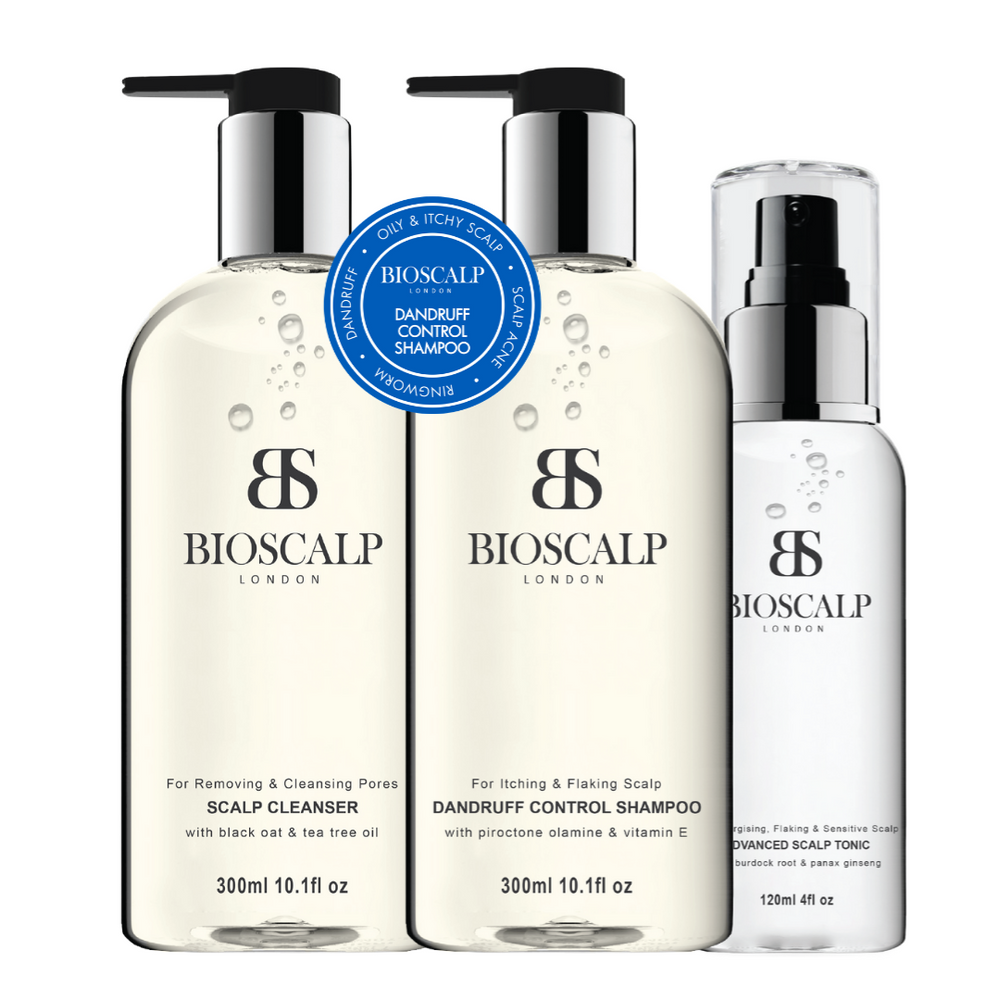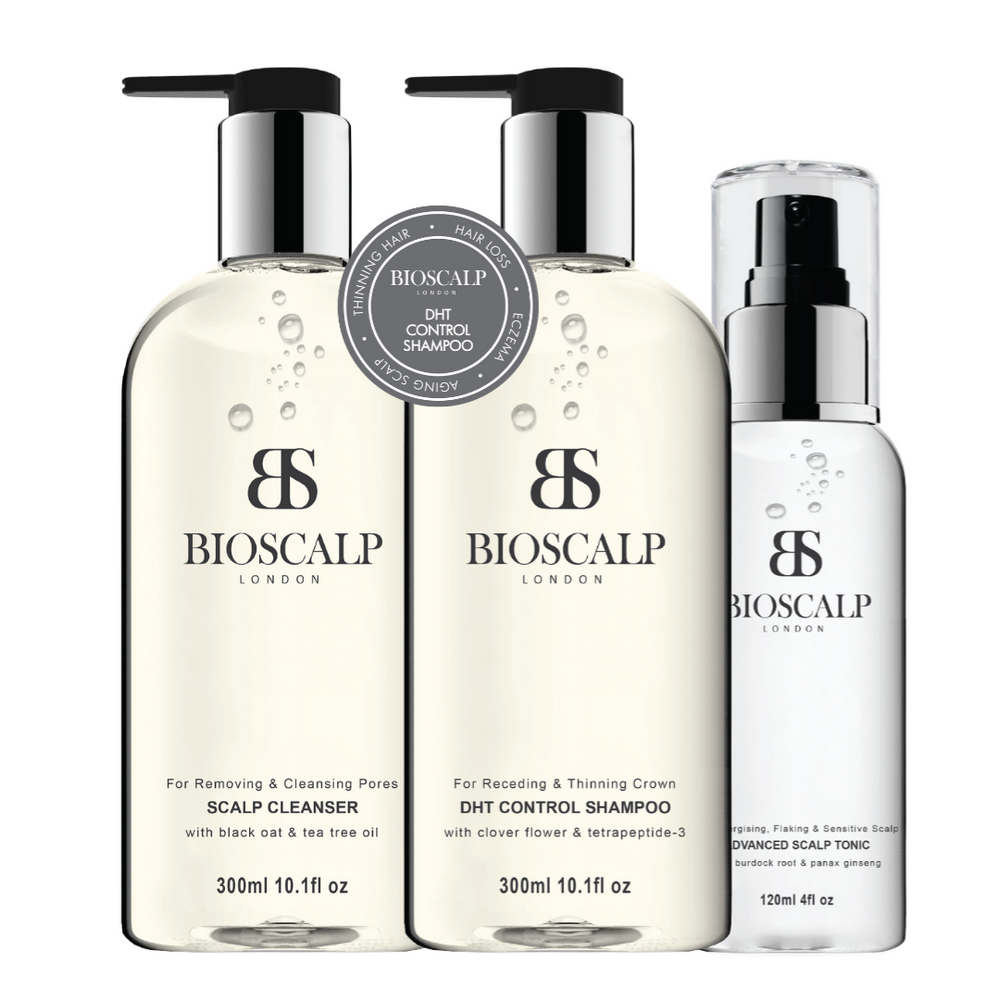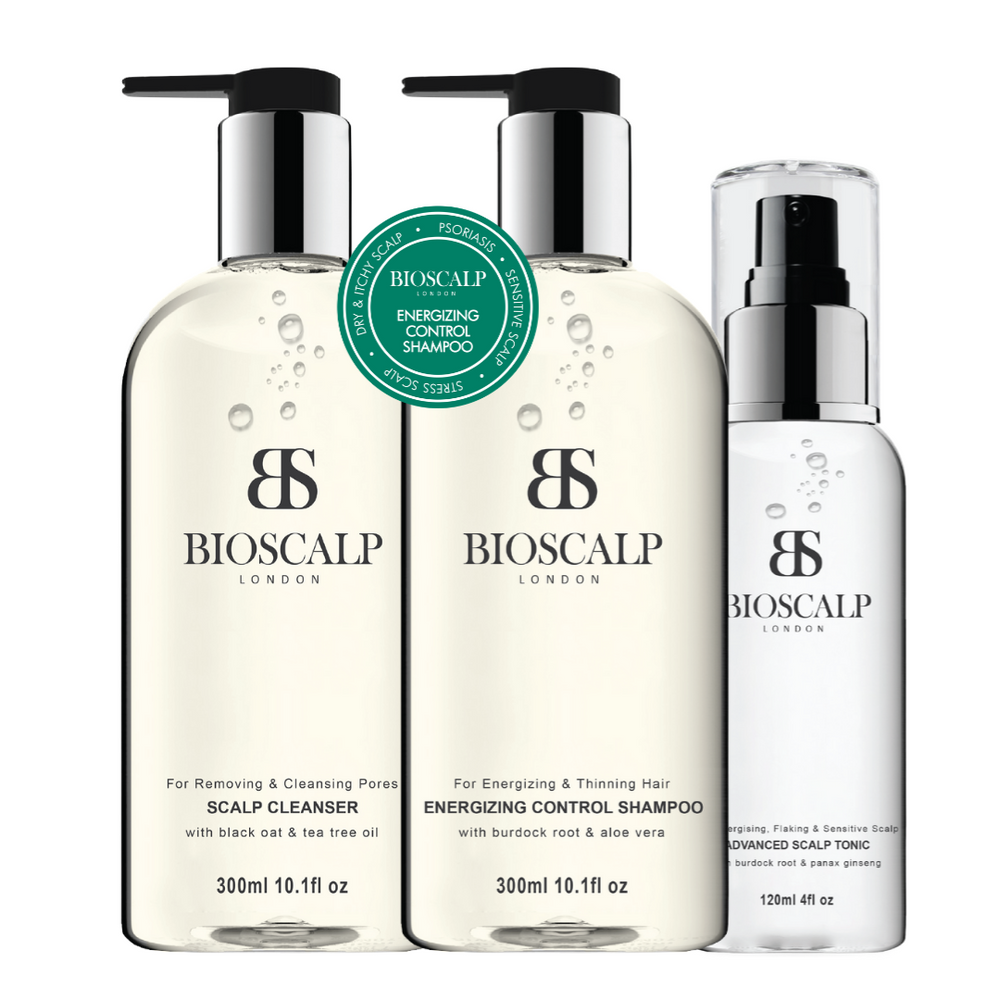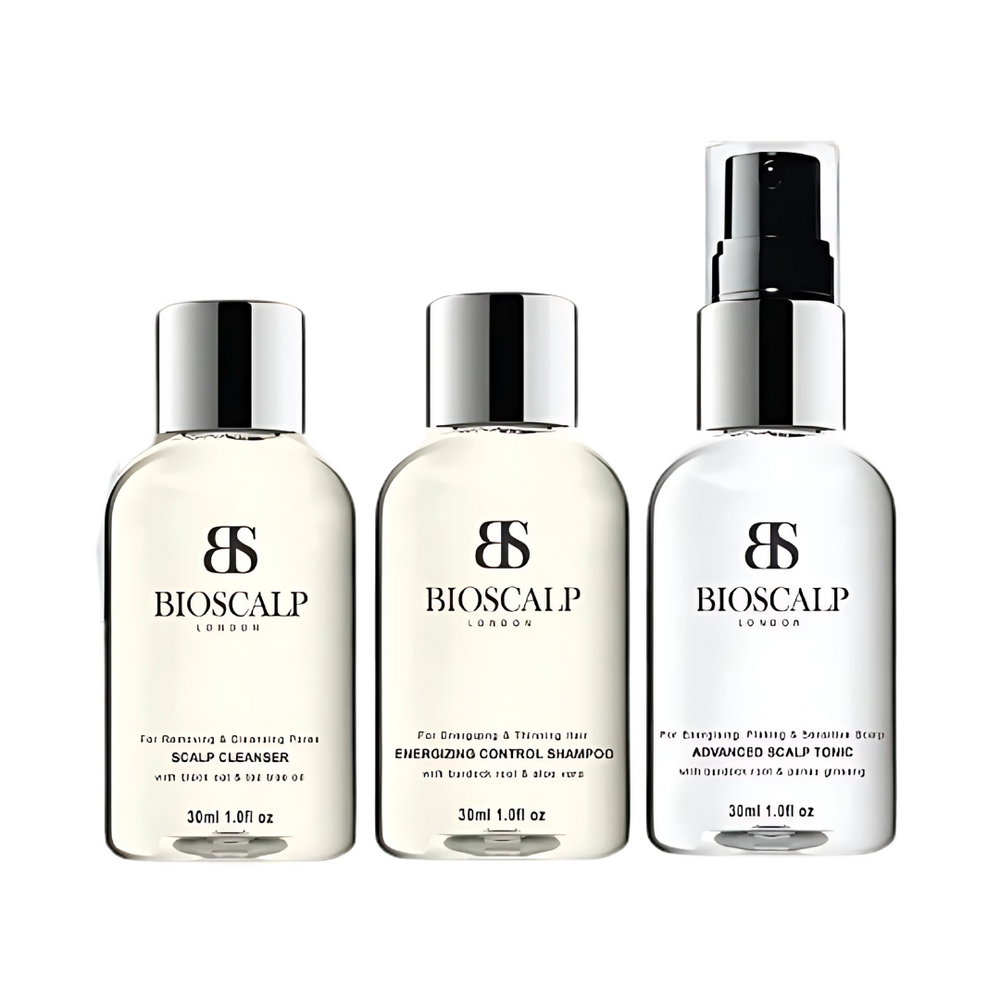Hair loss can be a frustrating and emotional experience for many. Whether you're noticing a receding hairline or thinning locks, the search for effective solutions is often top of mind. When people look up "how to stop balding," they explore a range of methods that promise to prevent hair loss and encourage regrowth. Here’s a deep dive into the most effective treatments, lifestyle changes, and natural remedies to help you regain control over your hair health.
Proven Treatment Options for Balding
Minoxidil (Rogaine)
Minoxidil is a popular over-the-counter topical treatment available as a foam or solution. This FDA-approved medication stimulates hair follicles and can slow down hair loss for both men and women. With consistent application over four to six months, users often notice visible results. It's a low-risk option that can be integrated into any hair care routine.
Finasteride
A prescription oral medication, finasteride works by reducing dihydrotestosterone (DHT) levels, a hormone linked to male pattern baldness. Studies show it is effective for many men, but hair loss usually resumes if treatment is discontinued. It's vital to consult a healthcare professional before starting finasteride to understand its potential side effects.
Low-Level Laser Therapy (LLLT)
LLLT uses low-wavelength red light to stimulate hair follicles and encourage growth. While this technology shows promise in improving hair density and thickness, it requires consistent use and can be a significant investment. Consider this option if you're looking for a non-invasive treatment with emerging evidence of effectiveness.
Lifestyle Changes for Hair Health

Adopt a Balanced Diet
Your hair reflects your overall nutrition. A diet rich in proteins, vitamins (like B vitamins, vitamin D, and antioxidants), and minerals such as iron and zinc is crucial for healthy hair. The Mediterranean diet, packed with fruits, vegetables, whole grains, and healthy fats, is particularly beneficial for maintaining luscious locks.
Gentle Hair Care Practices
Over-washing, harsh chemicals, and excessive heat styling can weaken your hair. Instead, choose sulfate-free shampoos, minimize the use of heated tools, and handle your hair with care to prevent breakage. Regular trims can also prevent split ends and keep your hair looking healthier.
Scalp Massage
Massaging your scalp improves blood flow to hair follicles, potentially supporting hair growth. Although scientific evidence is limited, many find scalp massages both relaxing and a great addition to their hair care routine.
Natural Remedies Worth Trying

Essential Oils
Essential oils like rosemary oil have long been touted for their potential to promote hair growth. When applied to the scalp, these oils can provide a soothing and aromatic experience, although further research is needed to confirm their effectiveness.
Coconut Oil
Coconut oil is a time-tested remedy for protecting hair from damage. It penetrates deeply into the hair shaft, reducing protein loss and making your hair less susceptible to breakage caused by grooming or environmental factors.
The Role of Stress Management
Stress is a known contributor to hair loss, often leading to conditions like telogen effluvium, where hair prematurely enters the shedding phase. Managing stress through yoga, meditation, or regular exercise can have profound effects not just on your hair but your overall well-being.
When to Seek Professional Guidance
If you're experiencing sudden or significant hair loss, consulting a dermatologist or healthcare provider is essential. They can identify underlying causes—whether hormonal, medical, or lifestyle-related—and recommend tailored treatments that address your specific concerns.

Final Thoughts
Stopping balding requires a multifaceted approach that includes medical treatments, lifestyle changes, and natural remedies. Whether you opt for proven medications like minoxidil, adopt a nourishing diet, or incorporate stress-reducing practices, the key is consistency and early intervention. Always seek professional advice to ensure you're making the best choices for your unique hair care needs. With patience and the right strategies, you can take control of hair loss and work toward healthier, more resilient hair.








